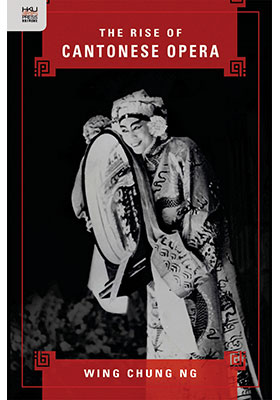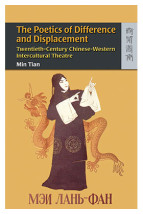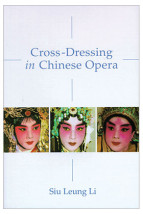The Rise of Cantonese Opera
(粵劇之興起)
ISBN : 978-988-8208-40-1
May 2015
288 pages, 6.125″ x 9.25″, 14 b&w illustrations and 8 tables
For sale in Asia, Australia, and New Zealand only
- HK$450.00
Defined by its distinct performance style, stage practices, and regional- and dialect-based identities, Cantonese opera originated as a traditional art form performed by itinerant companies in temple courtyards and rural market fairs.
In the early 1900s, however, Cantonese opera began to capture mass audiences in the commercial theaters of Hong Kong and Guangzhou—and changed forever. Wing Chung Ng charts Cantonese opera’s confrontations with state power, nationalist discourses, and its challenge to the ascendancy of Peking opera as the country’s preeminent “national theater.” Mining vivid oral histories and heretofore untapped archival sources, Ng relates how Cantonese opera evolved from a fundamentally rural tradition into a form of urbanized entertainment distinguished by a reliance on capitalization and celebrity performers. He also expands his analysis to the transnational level, showing how massive waves of Chinese emigration to Southeast Asia and North America further reshaped Cantonese opera into a vibrant part of the ethnic Chinese social life and cultural landscape in the many corners of a sprawling diaspora.An engaging examination of a global phenomenon, The Rise of Cantonese Opera rewrites the political, artistic, and economic history of an art form and an industry.
“A comprehensive and colorful picture of the birth and growth of what we know as Cantonese opera today. I applaud his achievement.” —Daphne Lei, author of Alternative Chinese Opera in the Age of Globalization: Performing Zero
“Delightfully original scholarship. By following its movements over a vast geographical expanse and delving deep into neglected aspects of its operation—such as business organization—Ng offers a fresh, new understanding of Cantonese opera. His masterly narration and analysis of the subject on the local, regional, national, and transnational levels reveal, for the first time, its extraordinary complexity. This work raises the bar for future studies of Chinese opera; indeed, of other genres of the performing arts.” —Elizabeth Sinn, author of Pacific Crossing: California Gold, Chinese Migration, and the Making of Hong Kong
“Benefits greatly from the extensive use of a rich array of previously untouched archival materials and periodicals. The extraordinary strength of its source materials makes it unique. Rich and comprehensive.” —Nancy Rao, Rutgers University



